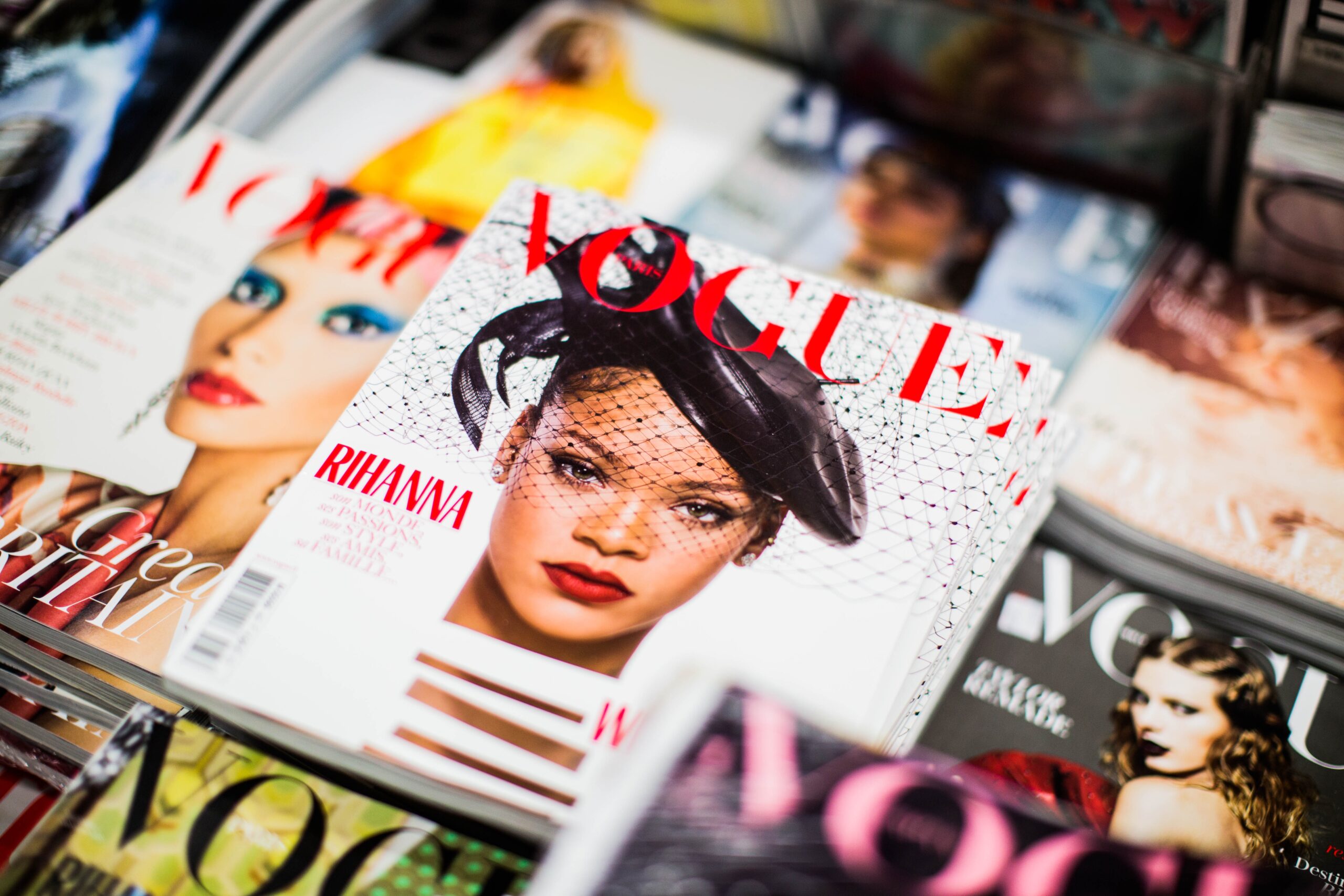
Condé Nast, publisher of glossy titles like Vogue, Wired, The New Yorker, and GQ, is “no longer a magazine company,” its CEO Roger Lynch said.
“We have about 70 million people who read our magazines, but we have 300 something million that interact with our websites every month and 450 million that interact with us on social media,” Lynch said in an interview with Kara Swisher of The New York Times. “Our audience is already telling us that’s not the way they interact with us. That’s been, I think, evident for a while.”
As print advertising revenue fell off a cliff, Condé Nast began moving its titles behind paywalls online, but not before losses grew into the millions. Lynch was hired to turn around the ship in 2019 and, two years later, the media company reported a profit for the first time in several years. Currently, revenue from subscriptions and e-commerce (affiliate links and the like) makes up about a quarter of Conde Nast’s global revenue, Lynch told the Wall Street Journal in February. The company has made it a goal to increase that share to one-third of the company’s revenue over the next four years.
“If you’re just an advertising-supported print publication, I think you have a difficult future,” Lynch told Swisher. “Fortunately, for the titles that we have, consumers are willing to pay for it. We actually see print subscriptions growing within our business. What’s under pressure, and has been for a decade or more, is print advertising.”Even as video — Condé is one of the top publishers on YouTube — and digital subscriptions grow revenue, magazines remain important to Condé Nast, Lynch noted, especially as “part of the brand statement.”
You can imagine a Vogue staffer sniffing at the comparison, but the comment reminded me of a recent story about USA Today, which has seen its paid hotel copies fall from 342,000 in late 2019 to just 35,000 in 2022. Individual print subscriptions and single-copy sales have fallen, but the hotel papers “remain a nice billboard for USA Today” and branding was a major reason to keep the newspaper around, its publisher Maribel Perez Wadsworth told Poynter. The print edition of USA Today remains a profitable product and, importantly, the newspaper is “a very recognizable part of our brand,” Wadsworth said. The reasoning is not so different over at Condé Nast.
“Being on the cover of Vogue magazine really matters as much as it has ever mattered,” Lynch claimed. “We just capitalize that on other ways besides the magazine, because magazines are a minority of our revenue today.”
Condé Nast ceased operating in Russia after “unprovoked war and related censorship laws” made publishing titles like Vogue Russia “untenable” earlier this year. Lynch said the company had no plans to do something similar in China, however. “We have brands that, from a Chinese government standpoint, I think align with the interests of the government, which is prosperity,” Lynch said. Operating newsier titles in China, however, would be more “complicated.”“There’s certainly censorship that happens in China, but it’s really more about news, which is why we don’t operate any news,” Lynch said. “We don’t operate The New Yorker there or Wired or Vanity Fair. We operate Vogue and GQ and titles that really are less about news because we can uphold our values and operate in that market.”
Lynch also discussed diversity initiatives (“I’m someone for whom the term ‘woke’ is not pejorative”), digital platforms (he’d like a more favorable revenue share from Apple News, please), and changing a cutthroat corporate culture while keeping Condé’s most famous employee (“I found [Anna Wintour] to be very different from what I expected”).You can listen to the full conversation on Swisher’s “Sway” podcast here.